News & Media
Unisa VC shares Covid-19 insights with global distance education leaders
Historically, pandemics have forced humans to break with the past and imagine their world anew. This one is different. It is a portal, a gateway between one world and the next. We can choose to walk through it, dragging the carcasses of our prejudices and hatred, our avarice, our data banks and dead ideas, our dead rivers and smoky skies behind us. Or we can walk through lightly, with little luggage, ready to imagine another world. And ready to fight for it. – Arundhati Roy, Azadi: Freedom, Fascism, Fiction, 2020
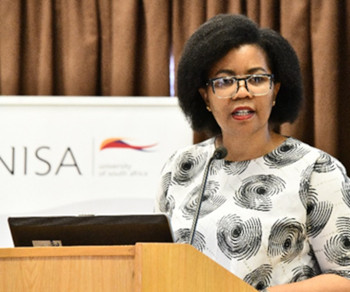
Professor Puleng LenkaBula, Unisa Principal and Vice-Chancellor (file photo)
The preceding quote, which speaks to lessons that may be learnt from calamities such as the Covid-19 pandemic, formed the crux of the message that the Unisa Principal and Vice-Chancellor, Professor Puleng LenkaBula, delivered to global distance education leaders attending the International Council for Distance Education (ICDE) Leadership Summit 2022. Hosted in Seoul, South Korea, on 20 and 21 January 2022, the conference theme is “Leadership for EdTech Oriented Innovation in Education”.
LenkaBula was a key discussant in the first panel discussion of the summit, themed “Leading open and distance universities to overcome global crises: sharing experiences in responding to the pandemic hit”. Moderated by the Director of the Southeast Asian Ministers of Education Association (SEAMEO) Secretariat, Dr Ethel Agnes Pascua-Valenzuela, the panel discussion also boasted other leading academics in the open and distance education space such as Dr Neil Fassina (President: Okanagan College), Professor Ojat Darojat (Rector: Universitas Terbuka), Dr Belinda Tynan (Provost: Australian Catholic University), Professor Maria Amata Garito (President/Rector: UNINETTUNO), Professor Yeongmin Kwon (Assistant Professor: Korea National Open University) and Professor Yun Joo Park (Professor: Korea National Open University).
LenkaBula emphasised that in order to adapt and weather the storms, Unisa had to rely on the well-established strengths of its model that evolved over decades. At the same time, the university had to be alive to the new threats and challenges and willing to learn from its peers across the world.
LenkaBula highlighted the fact that despite its experience and leading role in the open distance learning space since 1873, Unisa still does not rest on the laurels of being a pioneer and leader in ODL/CODeL. It still had to contend with the system and institutional weaknesses; and keep on learning and perfecting its model to remain relevant, competitive and resilient.
“The pandemic forced us to rethink, reinvent and add new innovations to our model, much faster than we had previously planned. The entire Unisa eco-system had to be reinvented on an unprecedented scale”, said LenkaBula.
For a university of its size, reach and complexity, LenkaBula said, Unisa had to rely on a few principles to guide this change process. These are as follows:
- Remain a learning organisation
- Rely on prior knowledge, yet seek new innovations
- Resilience – to ensure business continuity
- Leadership/Agency – Change management with respect to finances, people and application of technologies
- Creative disruption – Allow interventions that respond to the unique needs of disciplines, schools or faculties
- Nobody must be left behind – Respond to real South African and African contexts in terms of infrastructure, student support and the needs of academics
“For African universities in particular, the adjustment to the ‘new normal’ means adopting a self-critical and transformative yet optimistic approach to the future we choose, of course under given conditions”, she emphasised.
According to LenkaBula, the primary purpose of her participation at this leadership summit was to share insights about how Unisa adapted to the ‘new normal’ imposed by the Covid-19 pandemic; in a way that safeguards the three pillars comprising the core mandate of the university, namely teaching and learning, research and innovation, and engaged scholarship.
Commenting on the reasons for Unisa’s participation in international fora activities such as those of the ICDE, LenkaBula said: “Our participation at such critical global fora is an integral part of the university’s Internationalisation strategy, including our efforts to explore and secure sustainable partnerships with sister global institutions as well as to benchmark and harness new technologies as we prepare to move into a more digital teaching and learning environment”.
The ICDE was founded in 1938 in Canada as the International Council for Correspondence Education. It provides advocacy and leadership around the advancement of online, open and distance learning. The organisation has a membership of more than 190 higher education and research institutions spread over 70 countries. It also has collaborative partnerships with more than 18 organisations across the world, all working towards a common goal – accessible, quality education for all. For more info on the ICDE, visit https://www.icde.org.
* Compiled by Martin Ramotshela, Director: Office of the Principal and Vice-Chancellor, and Malose Mokwatedi, Acting Deputy Director: Communication, Department of Institutional Advancement
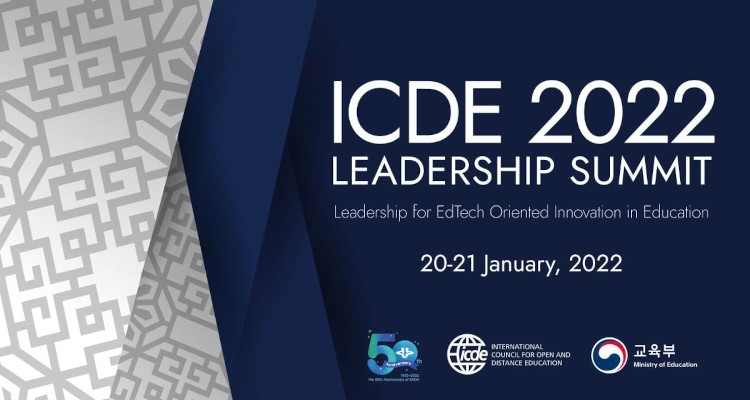
Publish date: 2022-01-21 00:00:00.0


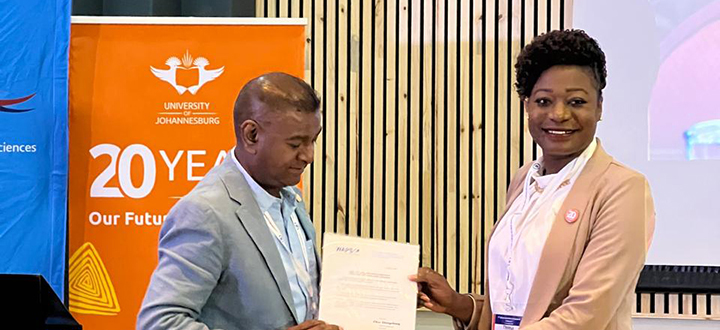 Unisa co-hosts major operations management conference
Unisa co-hosts major operations management conference
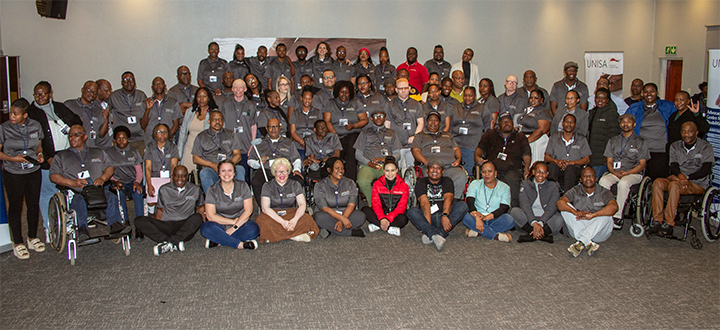 Strengthening disability-inclusive practices across higher education
Strengthening disability-inclusive practices across higher education
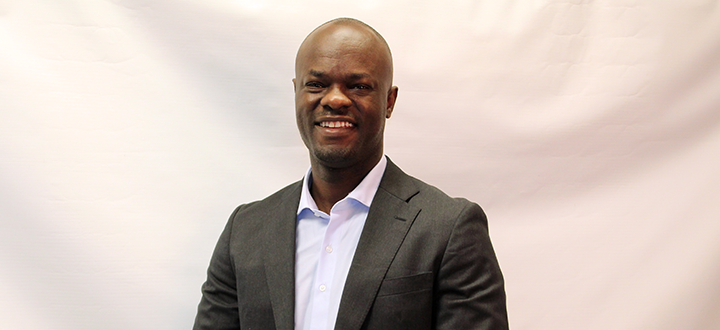 Unisa astrophysicist receives prestigious Royal Society award
Unisa astrophysicist receives prestigious Royal Society award
 Unisa's eminent women academics recognised for science excellence
Unisa's eminent women academics recognised for science excellence
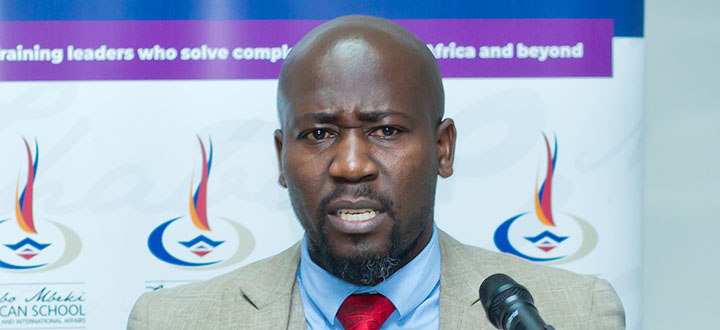 Illicit trade in Africa’s natural resources: Experts sound the alarm at Unisa seminar
Illicit trade in Africa’s natural resources: Experts sound the alarm at Unisa seminar